Cognitive-behavioral therapy empowers kids to fight back against OCD.
Obsessive Compulsive Disorder (OCD) is an anxiety disorder that is oftentimes misdiagnosed or undiagnosed in children, especially because kids may be able to hide intrusive thoughts or ritualistic behaviors, or parents might think certain behaviors are just a phase. Obsessions are unwanted and persistent thoughts, urges, or images that children try to alleviate through performing compulsive rituals such as counting, washing, praying, checking, and ordering. Several types of obsessions include, but are not limited to:
· Fear of contamination of dirt or germs
· Repeated doubts (e.g., Did I turn off the lights before I left?)
· Symmetry or need for order
· Indecisiveness
· Religious or moral doubts, existential questioning, and/or unwanted sexual thoughts/desires
· A need for things to feel “just right” before moving on to something else
· Fear of harm or responsibility for harm (e.g., Something bad is going to happen)
Compulsive behaviors tend to be repetitive and serve to reduce the anxiety caused by the obsessive/intrusive thoughts. Compulsive behaviors can be very time consuming and appear to be bizarre in nature. They can easily take on a life of their own, cause ongoing distress, frustration, inflexibility, and conflict, especially when a ritual is disrupted. Children with OCD struggle to feel reassured and need frequent validation from their parents or other trusted individuals. Kids recognize that these thoughts and rituals are irrational and may begin to feel “crazy,” “bad,” or ashamed.
Researchers have yet to find the exact cause of OCD. There is strong evidence that the brain functions differently and that there are certain changes in neurochemicals such as serotonin, dopamine, and glutamate. There is a genetic component, which puts children at greater risk during times of high stress. Research also indicates that streptococcal infections may trigger OCD or cause it to be exacerbated.
In working with a therapist, parents and kids learn that OCD is like a “brain hiccup” that keeps coming back, tricking the brain into engaging in compulsions to feel safe or “just right” again. Cognitive-behavioral therapy empowers kids to fight back against OCD, developing tools and self-confidence in resisting urges to give into its demands. Kids learn to become more tolerant of their fears and discomfort by recognizing intrusive thoughts, relabeling brain hiccups as glitches, identifying thinking mistakes (e.g., catastrophic or superstitious thinking), utilizing positive self-talk, practicing relaxation strategies, and strengthening self-confidence to combat the OCD cycle.
If you think your child is suffering with symptoms related to OCD, it may be helpful to seek a consultation from a psychologist or counselor. Our therapists at Metta Psychology Group offer a safe and compassionate environment to explore this next step.
